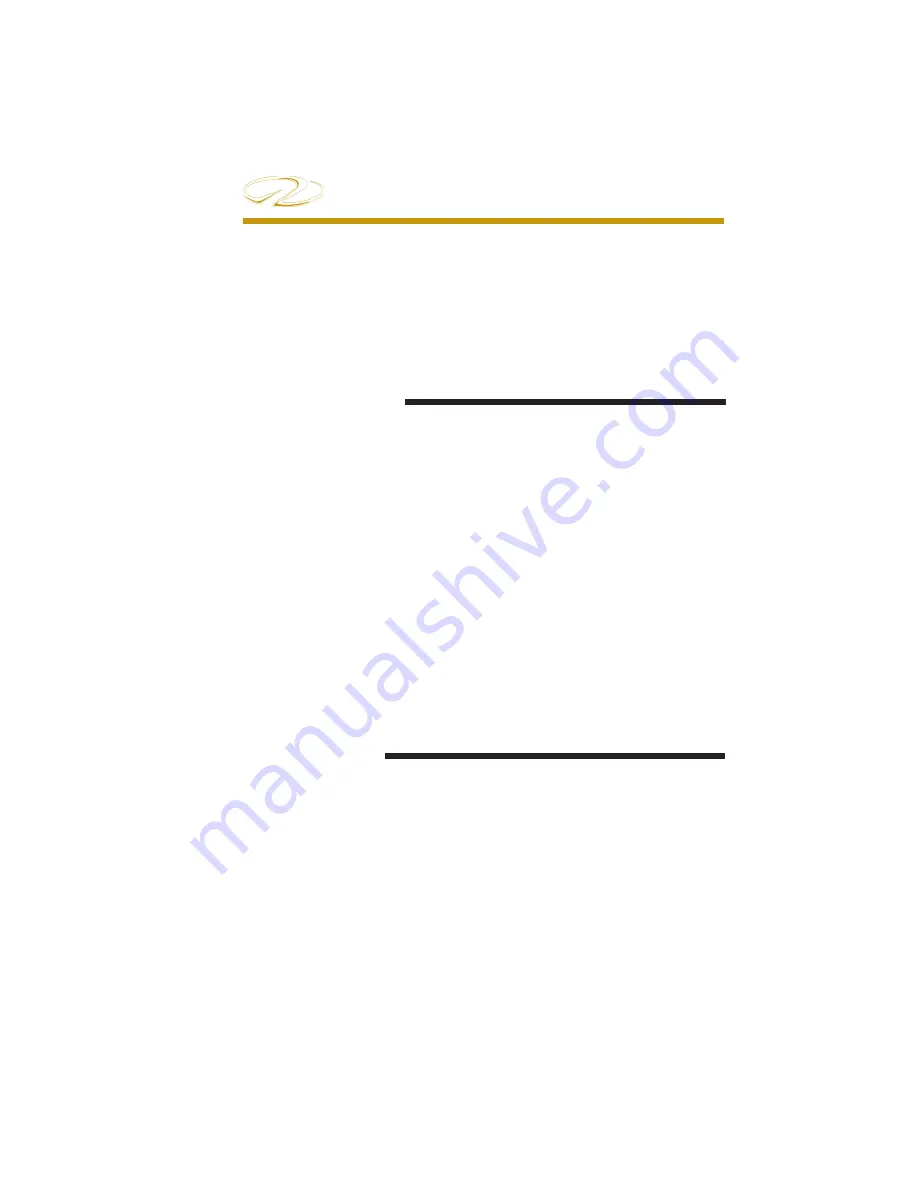
Vessel Operation
5-13
The bow and stern lines should be relatively at a 45 degree angle with
the dock. The stern line can be attached to the near-shore quarter
cleat, but will work more ef
fi
ciently to the offshore quarter cleat.
The longer line will allow the boat
fl
ow with the tide with less time
checking the vessel.
Dock Line Sizing
Most dock lines today are made of nylon, either of twisted rope or
braided core and cover. The most often used material is nylon because
of its stretching abilities absorbing shock loads. It is chafe resistant for
extended life and is easier on bare hands.
The line’s size varies with the vessel. Normally, a vessel in the 20’ to 40’
boats will use 1/2” diameter nylon lines. Larger yachts use 5/8” and
3/4” diameter nylon lines. Smaller boats can use 3/8” nylon lines.
Dock lines need to have the strength to hold the vessel and have enough
density to resist cha
fi
ng. They shouldn’t be too heavy that they lose
their shock-absorbing capabilities. Use the right size line for the vessel
since a line to large for the boat will pull hard against the vessel since it
won’t be forced to stretch. If the line is too small for the vessel, there
is no margin for wear and chafe when under strain.
Securing Lines
When mooring your boat, make sure the dock lines are secured at both
ends. Depending on your situation you may need to loop the eye splice
of the dock line around a piling. Sometimes the mooring line will lead
down sharply from the piling to the deck cleat. Loop the eye splice
around the piling twice to keep it from being pulled up off the pile.
Pull the line through the looped eye if the mooring line is too small
to go around the piling twice or too small to
fi
t over once.
If you must drop a line over a piling that already holds another boat’s
line, run the eye of the line up through the
fi
rst eye from below, then
loop it over the pile. This will allow either line to be removed without
disturbing the other. If another line is dropped over yours, simply
Summary of Contents for 3200 Bowrider
Page 1: ...INT 1 OWNER S MANUAL 3200...
Page 2: ...REGAL 321302 3200 Bowrider OWNER S MANUAL 10 2012...
Page 7: ...INT 7 Introduction THIS PAGE IS LEFT INTENTIONALLY BLANK...
Page 18: ...INT 18...
Page 38: ...1 16 CHAPTER 1 NAVIGATION LIGHT RULES...
Page 41: ...1 19 Safety On Board...
Page 109: ...Vessel Operation 5 9...
Page 150: ...CHAPTER 6 6 18 Canvas Typical PowerTower In Up Position w Sunshades...
Page 155: ...Equipment Operation 6 23 Canvas Typical Storage Mooring Cover...
Page 182: ...CHAPTER 6 6 50 Typical Hinged Power Tower Actuator Hydraulic Ram Typical Power Tower...
Page 191: ...Equipment Operation 6 59...
Page 192: ...CHAPTER 6 6 60...
Page 193: ...Equipment Operation 6 61...
Page 194: ...CHAPTER 6 6 62...
Page 195: ...Equipment Operation 6 63...
Page 196: ...CHAPTER 6 6 64...
Page 197: ...Equipment Operation 6 65...
Page 199: ...Equipment Operation 6 67...
Page 200: ...CHAPTER 6 6 68...
Page 278: ...CHAPTER 9 Notes...
Page 290: ...11 4 TYPICAL LABEL PLACARD LOCATION PowerTower...
Page 292: ...6 3200 BOW RIDER DECK HARDWARE 1 0F 2...
Page 297: ...11 3200 BOW RIDER TYPICAL EPA COMPLIANT FUEL TANK INSTALLATION...
Page 299: ...13 3200 BOW RIDER COLD WATER SYSTEM RUNS...
Page 300: ...14 3200 BOW RIDER ELECTRIC TOILET W OVERBOARD DISCHARGE...
Page 301: ...15 3200 BOW RIDER ELECTRIC TOILET W DECK PUMP OUT...
Page 306: ...3200 BOW RIDER DC HEAD PANEL 20...
Page 307: ...3200 BOW RIDER HELM SWITCH PANEL 21...
Page 308: ...3200 BOW RIDER HELM BREAKER PANEL 22...
Page 309: ...3200 BOW RIDER VOLVO IGN MERC ANALOG EVC 23...
Page 310: ...3200 BOW RIDER IPA VOLVO MERC ANALOG 24...
Page 311: ...3200 BOW RIDER IPA VOLVO MERC ANALOG W GARMIN 25...
Page 312: ...3200 BOW RIDER BATTERY MANAGEMENT PANEL 26...
Page 313: ...3200 BOW RIDER AFT SWITCH PANEL 27...
Page 314: ...3200 BOW RIDER WINDLASS PANEL 28...
Page 315: ...3200 BOW RIDER HEIGHT DIMENSIONS 30 1 1 2 54 1 4 101 3 4 8 5 3 4 3 1 4 45 3 4 58 3 15 12...
Page 316: ...3200 BOW RIDER STANDARD SEATING POSITIONS 31...
















































